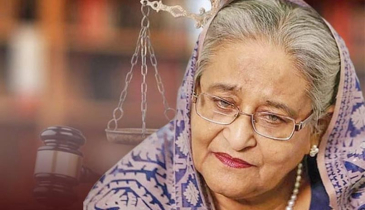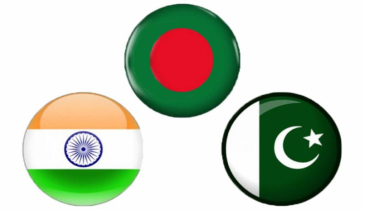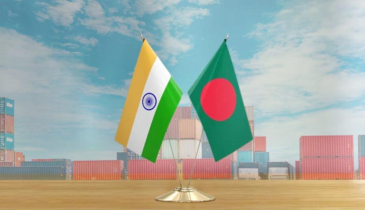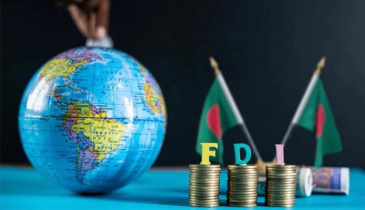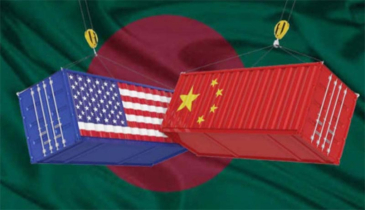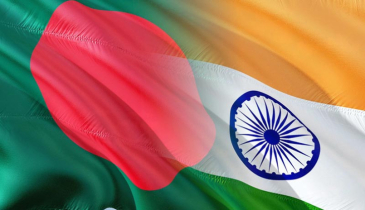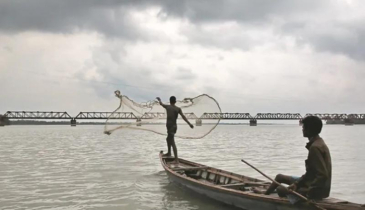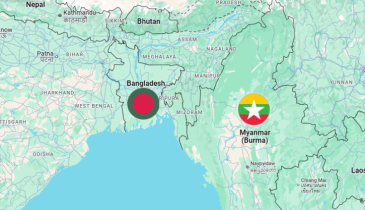A Year of War in Rakhine
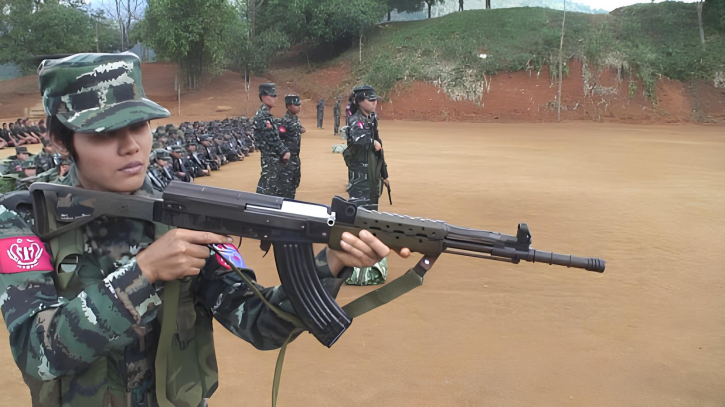
November 13, 2024 marks a year of Arakan Army's (AA) newest onslaught against the Myanmar military junta in Rakhine State. Named 'Operation 1113', this is the most successful military operation of the AA.
The Arakan Army upheld the ceasefire with the regime that was agreed upon in November 2020 even after the latest military coup in February 2021. However, on October 27, 2023, AA launched a lightning campaign in northern Shan State, named as 'Operation 1027', alongside two other ethnic armed groups, the 'Ta'ang National Liberation Army' and the 'Myanmar National Democratic Alliance Army', which together form the Three Brotherhood Alliance. The offensive swiftly seized multiple significant border crossings and demonstrated that the military was weaker than many, including the ethnic armed groups themselves, had thought.
With Shan's triumph, AA launched multiple attacks on the troops in Rakhine State on November 13, 2023, named 'Operation 1113'. Across northern Rakhine, the group swiftly took control of dozens of Border Guard, police, and military facilities. In addition to the surrender of over 4,000 junta soldiers, AA has since assassinated 11 high-ranking military leaders, including one brigade general, two colonels, and four lieutenant colonels.
Eleven of the seventeen townships of Rakhine including- Taungpyoletwea, Buthidaung, Kyauktaw, Mrauk-U, Minbya, Ponnagyun, Pauktaw, Myebon, Ann, Ramree, and Thandwe are currently under AA's control. ‘Maungdaw’, the home of the Rohingyas, is about to fall. AA is currently engaged in combat for control of the junta's "Western Command" in Rakhine, while the junta's "Navy Seal Base" has already been taken.
With almost 70% of Rakhine under its control, it is poised to realize what its supporters refer to as the "Arakan Dream", which is a self-governing Arakan territory that it started to promise about a decade ago. As the Arakan Army explains, the "Way of Rakhita" is a liberation movement that seeks to reestablish the sovereignty that was lost when the Burman kingdom overran the Arakanese capital of Mrauk-U in the late 18th century, ostensibly placing Rakhine under the control of the central state for the first time.
Situations of the Rohingya
In Rakhine, a three-way battle develops. The complexity has increased over the last six months as a result of the regime's forceful recruitment of Rohingya males into the military. Junta chief activated (Feb 10) 'conscription law' in order to recruit up to 60,000 additional troops annually across the country. Soon after the declaration, the military, predictably, started forcing Rohingya into its ranks.
The AA has also failed to reduce intercommunal tensions. In late March, AA warned that “Bengali people from Rakhine” who had been conscripted would be considered members of the regime’s military and “attacked”. The term “Bengali” is considered a slur to the Rohingyas, because it implies that they are not native of Myanmar and deny their claim to citizenship.
The Rohingya diaspora was incensed and shocked by these remarks. Shortly after, the Arakan Army also started calling Rohingya armed groups “Bengali Muslim terrorist groups,” echoing the language Naypyitaw used to defend its campaign against the Rohingya community in general in 2017.
In addition to these verbal abuses, the AA has used physical brutality also to show its animosity toward the Rohingya. It has been charged with a large number of human rights abuses against the Rohingya, including indiscriminate arson attacks, extrajudicial killings and forceful relocation of hundreds of thousands of the Rohingya.
The combination of words and alleged deeds have fueled polarization and driven greater numbers of Rohingya to volunteer for the military, creating a sense of distrust among the community that was seen during the "1942 Arakan Massacre".
Challenges for the AA
The economy of Rakhine has fallen apart while the war rages on. Recent UNDP estimates predicted that if current levels of food insecurity are not addressed, "famine conditions by mid-2025" will occur. With over two million people at danger of famine, it is a stiff test for the AA to achieve economic sustainability in Rakhine.
It is uncertain whether the 'United League of Arakan', the AA's political wing, has the means and capacity to rule the region and its citizens, even though the AA is likely to control whole of Rakhine. Because, Rakhine is largely dependent on regime-controlled central Myanmar for basic necessities and on Naypyitaw for banking, communications, and electricity.
AA officials have stated time and again that they prefer confederate status within Myanmar to independence, mirroring the United Wa State Army (UWSA) enclave in northern Shan State, which enjoys de facto autonomy. However, replicating the UWSA model in Rakhine would be challenging.
Close to the Chinese government, the Wa group's region is heavily incorporated into the Chinese economy, utilizing Chinese communications networks, energy, and even currency. In addition, the Arakan Army does not have this kind of interaction with Bangladesh or neighboring India, nor does it have the necessary infrastructure for binational integration. Strengthening ties with India and Bangladesh will be essential for the AA.
Towards the peace in Rakhine
Significant military advancements come with enormous obligations. The AA is up against a lot of obstacles as it works to lead Rakhine to autonomy. In the years to come, it will need to negotiate difficult geopolitical, economic, and social issues if it is to stabilize the state, safeguard its citizens, and establish a workable government.
One of its main responsibilities will be to restore trust with the Rohingya. It must acknowledge that any Rakhine's future must include the Rohingyas. AA leaders should refrain from using the term "Bengali" as they seem to have done, refrain from making any more offensive statements, and refrain from starting or participating in discussions about identity and ethnicity. It ought to more explicitly state its commitment to upholding the rights of the Rohingya and incorporate more of them into its administration, especially at higher levels.
Dhaka can play a crucial role to ensure that the humanitarian crisis in Rakhine State does not worsen. Dhaka can allow essential goods and humanitarian corridor across the border in cooperation with local and international organizations. Dhaka can help to build a more stable and economically secure statelet. Opening the border to trade for example would help over two million Rakhine citizen, in need of basic goods. But to make Dhaka feel comfortable, the AA must promise the sustainable repatriation of the Rohingya when stability achieves.
Nevertheless, much will depend on how the conflict in Rakhine State ends and what – if any – modus vivendi is reached between the AA and Myanmar’s military. With the AA so close to taking over the entire state, near-term prospects for a ceasefire appear dim. However, a truce might be quite advantageous for the AA also. Both material and psychological gains would result from a peace agreement, allowing the administrative branch of AA to expand services without worrying about being singled out by the dictatorship. Additionally, it would probably boost confidence among regional and global actors. Therefore, 'peace' must be placed ahead of 'war'. Regional and global actors including Myanmar parts must not be tired of trying to establish peace, putting an end to war. -Source: daily asian age
.png)


